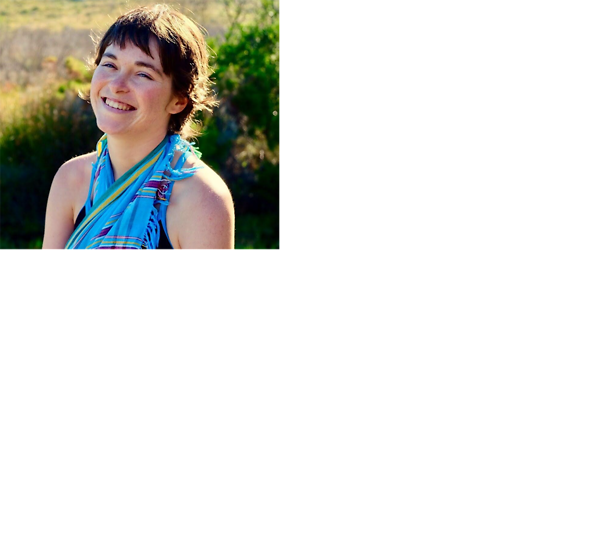[Seminar] MLDS Seminar 2023-9 by Ms. Kira Duesterwald (PhD Student, University College London), Ms. Clea Mehnia Laouar (PhD Student, OIST), Seminar Room L5D23

Date
Location
Description
Speaker 1: Ms. Kira Duesterwald, Ph. D Student, University College London
Title: Perceptual inference in an uncertain world: how you report matters
Abstract: Humans reliably reproduce patterns of perceptual biases, even for seemingly low-level feature information like visual stimuli. This stems from the brain’s rather difficult job of optimally inferring world state by integrating noisy sensory information using noisy encoders (neurons). In this talk, I will explore an example of this phenomenon: recall of visual orientation from working memory, which is marked by anti-cardinal biases. Previous theoretical accounts have used Bayesian efficient coding frameworks to predict bias. We tackle the memory-based inference problem from another perspective: how does a participant convert an internal representation to a response, and does the reporting instrument (``probe'') identity influence this process? A key insight is that the variability of responses provides direct access to the exact shape of the normative likelihood function on which observers may base their decisions. Using this approach, we find that responses are influenced by the identity of the probe in surprising ways, challenging the pure efficient coding-based account of working memory bias and suggesting a key role for the sensory processing of the reporting instrument. In the last part of the talk, I speculate on theoretical models that can explain this influence.
Bio: Kira is a PhD student at the Gatsby Unit, University College London, with Prof. Maneesh Sahani. She studies perceptual and working memory inference with application to neurodevelopmental disorders. Kira is also a practising medical doctor, and recently won the Äänit Prize for a proposal on staff scheduling optimisation in healthcare. She completed her medical degree, MSc and undergraduate training in mathematics at the University of Cape Town.
Speaker 2: Ms. Clea Mehnia Laouar, Ph. D Student, OIST
Title: Large scale similarity search with Optimal Transport
Abstract: The Wasserstein distance, often referred to as the Word Mover's Distance (WMD) is a powerful tool used for comparing probability distributions. It finds significant application in the field of Natural Language Processing, such as document classification and retrieval tasks. Nonetheless, its drawback lies in its computational complexity, rendering it impractical for extensive distribution comparisons. In this talk, I will introduce a simple and effective nearest neighbor search, which relies on an approximation of the Wasserstein distance. The developed method offers computation speeds approximately three orders of magnitude faster than the standard Wasserstein distance, while retaining similar performance levels.
Subscribe to the OIST Calendar: Right-click to download, then open in your calendar application.



